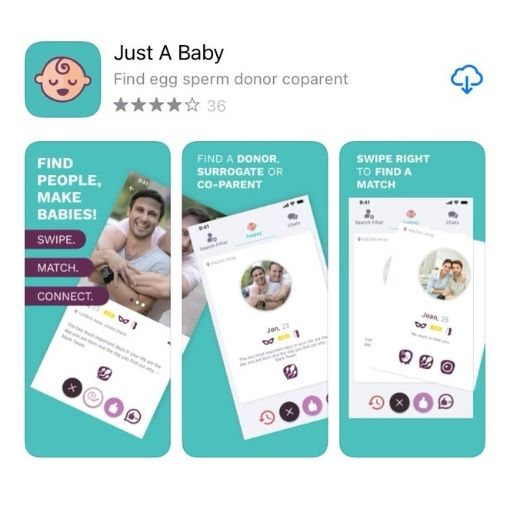We know that a difficult fertility journey is so very hard. If you have been trying to conceive for a while without success, you may now be considering alternative ways to start a family. IVF is one of the options you can discuss with your doctor to see if it is right for your situation.
If you’re considering IVF as a fertility treatment, there are some important things you should know before starting. While many people are familiar with the basics of IVF (and if you are not, you can check out our ultimate guide right here), there are lesser-known facts that can help you prepare for the journey ahead. Here are seven things you need to know about IVF before starting your journey.
1. Success rates vary
While IVF can be an effective fertility treatment, success rates can vary widely depending on a variety of factors, including age, overall health, and underlying fertility issues. It’s important to have realistic expectations and understand that success may not be guaranteed and treatment doesn’t always mean you’ll have a baby at the end of it.
2. Multiple embryos may be transferred
In some cases, multiple embryos may be transferred during an IVF cycle to increase the chances of success. However, this can also increase the chance of multiple pregnancies, which can carry additional health risks for both the mother and the babies.
3. The process can be emotionally and physically demanding
IVF can be a demanding process, both emotionally and physically. You’ll go through multiple appointments, various medications, and procedures involved in the IVF process. It’s important to have a support system in place and to take care of yourself throughout the process. If you need someone to talk to who really gets what you are going through, you can reach out to the Hoopsy Fertility Community to chat and ask any questions.
4. It can be expensive

IVF can be a costly fertility treatment. The average cost per cycle ranges from £5000 – £8000 in the UK, with many factors contributing to the overall cost. Including the number of cycles needed and whether additional treatments like genetic testing are necessary. It’s important to be aware of the financial implications and to explore the options available.
5. It’s not the only option
While IVF can be an effective fertility treatment, it’s not the only option. Depending on your specific situation, other treatments like intrauterine insemination (IUI) or fertility medications may be a better fit. It’s important to work closely with your doctor to determine the best course of action for you.
6. There are potential risks and side effects
Like any medical treatment, IVF comes with potential risks and side effects, including ovarian hyperstimulation syndrome (OHSS), bleeding, and infection. It’s important to understand these risks and to talk to your doctor or fertility specialist about any concerns you may have before going ahead.
7. It’s a very personal decision
Ultimately, the decision to pursue IVF is an extremely personal one that should be based on your individual circumstances and needs. It’s important to take the time to consider all of your options, ask questions, and seek support as needed.
IVF is a complex fertility treatment that requires careful consideration and planning. It’s an emotional journey. Understanding these lesser-known facts about the process, you can feel more informed and empowered to make the best decision for you and your family.
Join the Hoopsy fertility community to ask questions about IVF or anything else related to fertility and trying to conceive.




